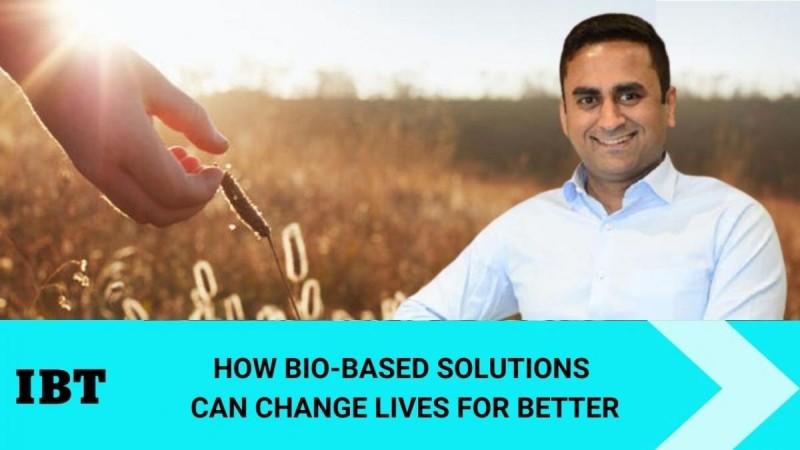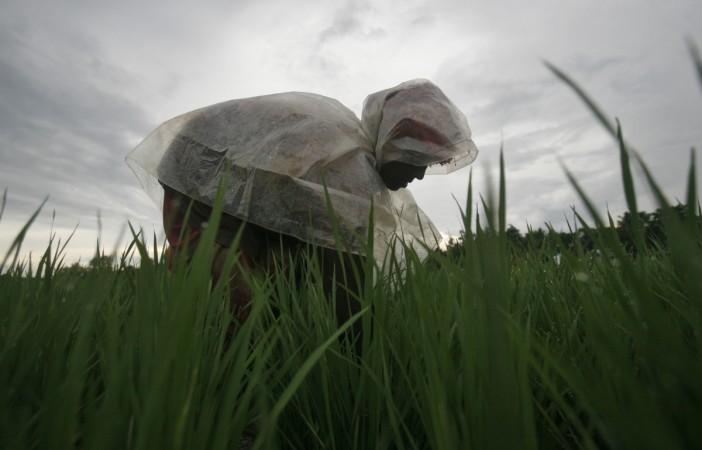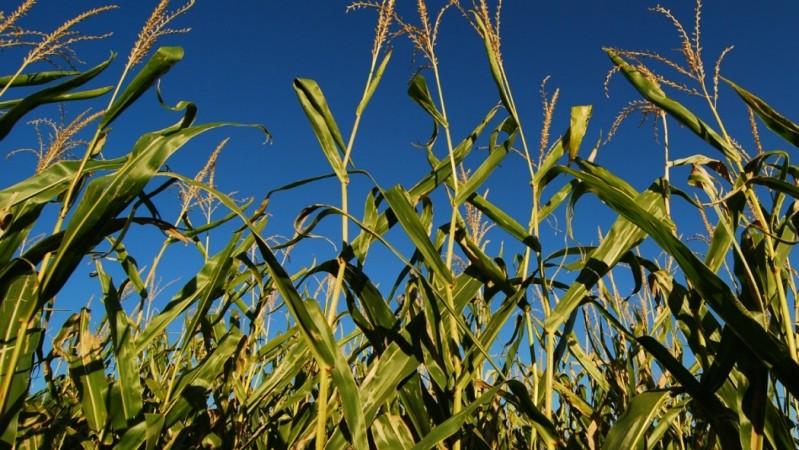India generates an estimated 686 tonnes of crop residue every year, most of which is usually burned in the fields. If we adopt a circular approach and look keenly at bio-based solutions, the same agro-residue and biomass can instead be used to unlock great value through the creation of high-value sustainable products.
Bio-based solutions have the potential to deliver significant socio-economic benefits by creating opportunities for micro-entrepreneurship, employment, and additional income for communities at the rural and grassroot levels. This can substantially boost rural economies, safeguard the environment and improve the quality of life for millions of people.

How to create wealth from agro-waste
Introducing circularity in feedstock can help boost the rural economy, by scaling employment and entrepreneurship in this landscape. For example, Fortum India's under construction biorefinery in Assam is expected to provide direct benefit to over 30,000 households, 5000 employment opportunities, besides creating at least 40-50 local entrepreneurs in its supply chain management.
India has one of the largest populations of underserved farmers in the world, and the bio solutions could go a long way towards improving their economic condition by creating an alternative and sustainable revenue stream. The magnitude of contribution that agriculture and the farmers bring to the economy cannot be overlooked. That farmers are the backbone of the Indian economy is evident from the fact that they earn at about 70 per cent GDP rate in the foreign export (FOREX) and the contribution is far greater than that of the other allied sectors. One can only imagine the impact bio-solutions can have when wealth is created from "waste".
Agricultural residues and woody biomass can be fractionated into its main components cellulose, hemicellulose and lignin which can be used to produce biofuels and high-value products such as dissolving pulp, furfuryl alcohol, bio-resins. These can replace fossil-based and other environmentally detrimental raw materials in many industrial and consumer sectors, resulting out of the different pathways for creating wealth from agro-waste.

Biomass for textiles
Biomass is one of the best available options for producing sustainable textile fibres and other valuable bioproducts. Textile fibres derived from biomass such as wheat straw or paddy straw are comparable, in terms of life-cycle analyses, to commercially available fibres such as organic cotton, viscose and lyocell. The Ministry of Textiles launched Project SU.RE. – Sustainable Resolution in 2019 as a commitment by India's apparel industry to establish a sustainable pathway for the fashion industry. This project will support the sector achieve Sustainable Development Goals (SDGs) and long-term environmental, social, and corporate governance goals.
Biomass to Biofuels is a vital pathway that will help in achieving multiple natural goals. Sugarcane bagasse and the straw of crops like rice, wheat and corn are used to produce biofuels like ethanol and biodiesel. Blending ethanol in petrol and biodiesel in fossil-based diesel can help on achieving several national goals such as foreign exchange savings; energy security; lower carbon emissions; better air quality; employment generation; and greater investment opportunities.

Why Bio-solutions will gain importance?
A bio-based economy entails the adoption of a revolutionary and recuperative system that will help accelerate the industry and economic performance, as well as protect the planet for future generations. Shifting towards bio-based alternatives means eliminating the use of toxic chemicals and cutting down on waste, which requires innovative materials, products, systems, and business models. This is the reason why moving to a sustainable, circular bioeconomy with bio-based solutions such as agri residue is pertinent, now more than ever before.
[The author, Faizur Rehman, is heading development of Bio2X, a bio-based solution business of Fortum along with Legal affairs in India and part of Fortum India Management Team. Views expressed are author's own.]














